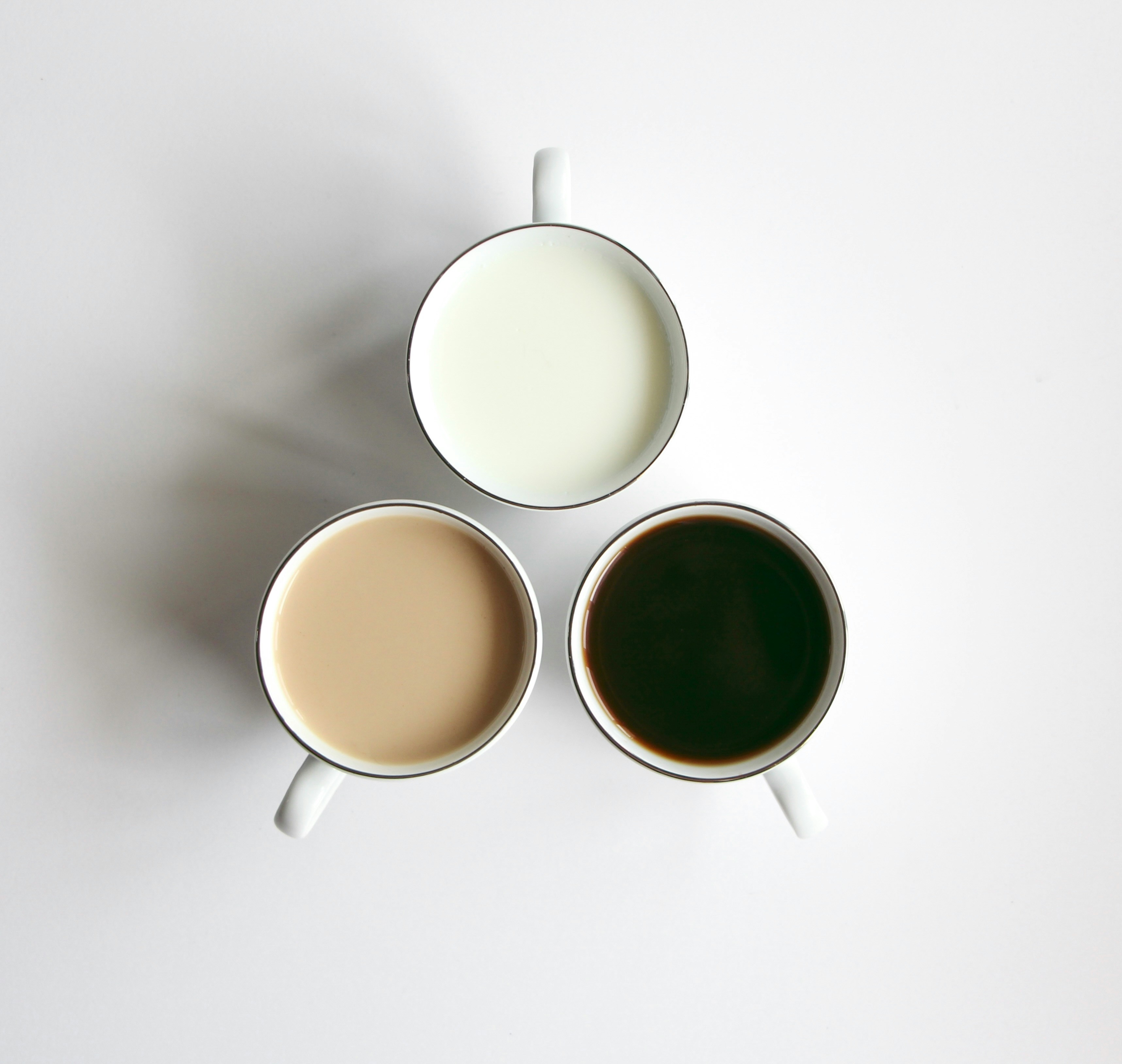What Does White Tea Taste Like? A Beginner’s Guide to White Tea Flavor Notes
White tea is often called the most delicate of all teas. Imagine sipping a cup on a calm morning—it’s like tasting sunlight wrapped in honey and wildflowers. But what does white tea taste like exactly? Whether you’re a tea beginner or an experienced drinker, understanding its unique flavor profile will help you appreciate every cup.
What Is White Tea?
White tea is made from the young leaves and buds of the Camellia sinensis plant. Unlike green or black tea, it goes through minimal processing—usually just hand-picking and natural drying under the sun. This gentle handling preserves its natural sweetness, floral aromas, and soft character.
Key characteristics of white tea:
-
Harvested from young leaves and buds
-
Minimally processed and naturally dried
-
Pale color with a subtle, refined flavor
This purity makes white tea a favorite among tea lovers who enjoy elegance over intensity.
What Does White Tea Taste Like?
The taste of white tea is light, subtle, and refreshing. It carries a natural sweetness with floral undertones, often compared to honey or spring blossoms. Unlike black tea’s boldness or green tea’s vegetal notes, white tea offers a smoother and more soothing experience.
Common flavor notes in white tea include:
-
Honey-like sweetness
-
Stone fruits (apricot, peach)
-
Melon freshness
-
Soft floral undertones
-
Smooth, mellow finish
One fascinating aspect of white tea is that its flavor evolves as it cools—revealing new layers of sweetness and fragrance with every sip.
Types of White Tea and Their Taste Differences
Different varieties of white tea bring slightly different flavor experiences. Here are the most popular types:
-
Silver Needle (Bai Hao Yinzhen): Made from only tea buds, this is the purest and most delicate variety. Expect a silky, creamy sweetness with gentle floral notes.
-
White Peony (Bai Mudan): Includes both buds and leaves, giving it more body and bolder flavor. Often floral and fruity, with apricot or peach undertones.
-
Long Life Eyebrow (Shou Mei): Uses larger leaves and offers a stronger, more robust flavor while still keeping the signature elegance of white tea.
Each type has its own charm—try exploring them to find the one that best matches your palate.

How White Tea Compares to Other Teas
Curious how white tea tastes compared to other teas? Here’s a quick breakdown:
| Tea Type | Flavor Profile | Strength |
|---|---|---|
| Black Tea | Bold, malty, astringent | Strong |
| Green Tea | Vegetal, grassy, slightly bitter | Medium |
| White Tea | Sweet, floral, subtle, mellow | Light |
If you find black tea too strong or green tea too grassy, white tea is the perfect gentle alternative.

Factors That Influence White Tea Taste
Several factors shape the unique taste of white tea:
-
Region & Climate: Soil and weather conditions affect flavor.
-
Variety: Silver Needle, White Peony, and Shou Mei each bring distinct notes.
-
Harvesting: Younger buds often produce a sweeter taste.
-
Storage: Proper storage in a cool, dry place helps preserve its delicate aroma.
How to Brew White Tea for the Best Taste
White tea requires a softer brewing approach to unlock its gentle flavors.
Brewing tips:
-
Water Temperature: 160–185°F (70–85°C)
-
Steeping Time: 3–5 minutes
-
Water Quality: Use fresh, filtered water for the purest taste
Avoid boiling water, which can make white tea taste bitter. For the best experience, enjoy it plain—without milk or sugar—to savor its natural sweetness.
👉 Want more tips? Check our full guide: Brewing different types of loose leaf tea
 by elnaz asadi (https://unsplash.com/@elnazasadi)
by elnaz asadi (https://unsplash.com/@elnazasadi)
Tips for Enjoying White Tea
-
Pair it with light foods like fruit, salads, or mild cheese.
-
Experiment with flavors by adding a slice of lemon or a touch of honey.
-
Drink mindfully, sip slowly—white tea is best enjoyed with attention.
Frequently Asked Questions About White Tea Taste
Is white tea sweet?
Yes, but naturally so. Its sweetness is gentle, more like honey or melon than sugar.
Can white tea taste bitter?
Only if brewed with boiling water or steeped too long. Proper brewing keeps it smooth.
Does white tea have a strong flavor?
No. Compared to black or green tea, white tea is light, subtle, and mellow.
What influences its taste most?
Variety, growing region, and brewing technique are the main factors.

Conclusion: Is White Tea Right for You?
If you enjoy drinks that are subtle, elegant, and calming, white tea is the perfect choice. Its flavor is nuanced and sophisticated—ideal for quiet mornings, mindful breaks, or winding down at night.
✨ Ready to taste it for yourself? Explore our White Tea Collection and experience the gentle sweetness of authentic Chinese white tea.


